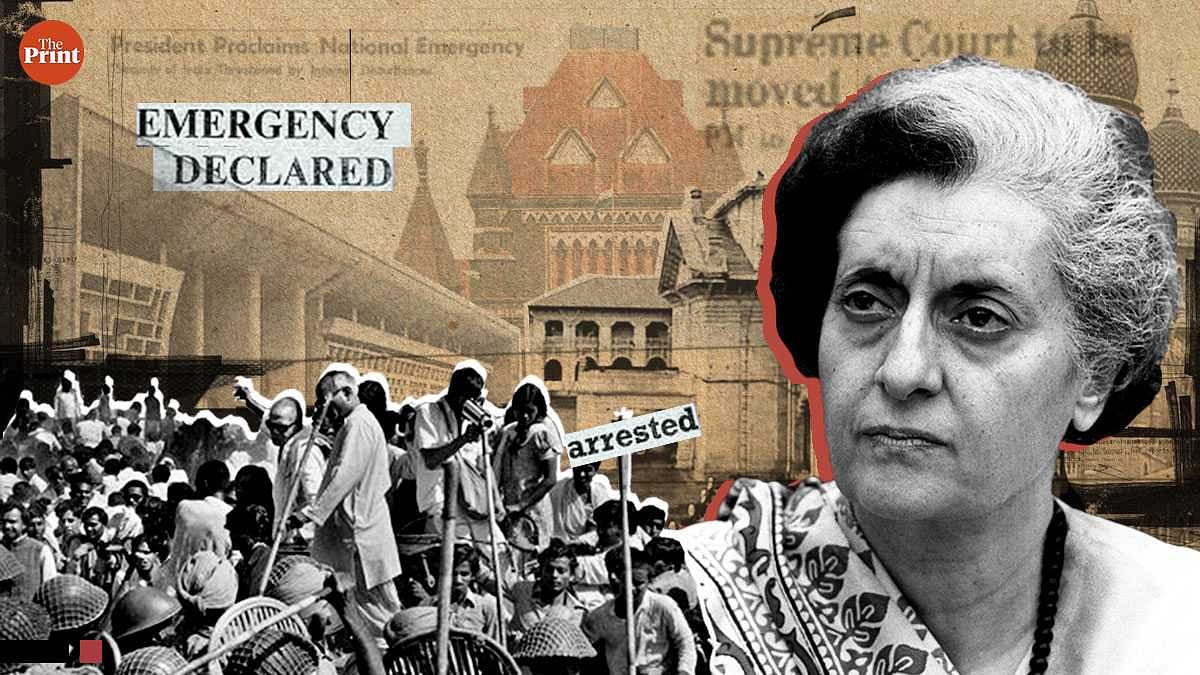The Prime Minister's Duties during Times of Crisis or Emergency

During times of crisis or emergency, the Prime Minister's duties become particularly crucial as they are responsible for providing leadership, coordinating government responses, and reassuring the public. Here are some of the key duties of the Prime Minister during such times:
Decision-Making and Coordination: The Prime Minister leads the government's response to the crisis by making key decisions and coordinating the efforts of various government agencies, departments, and emergency services. They may establish crisis management committees or task forces to oversee the response and ensure effective coordination among stakeholders.
Communication and Public Address: The Prime Minister serves as the primary spokesperson for the government during a crisis, providing regular updates and communicating important information to the public. They address the nation through speeches, press conferences, and media interviews, providing reassurance, guidance, and direction.
Policy Development and Implementation: The Prime Minister plays a central role in formulating emergency policies and strategies to address the crisis. They work with their cabinet and relevant authorities to develop and implement measures such as public health interventions, economic support packages, and security measures.
Resource Allocation: The Prime Minister oversees the allocation of resources, including funding, personnel, and equipment, to support the government's response efforts. They may authorize emergency spending and mobilize additional resources from both the public and private sectors to address urgent needs.
Cooperation with International Partners: In cases where the crisis has international implications or requires international cooperation, the Prime Minister may engage with foreign governments, international organizations, and diplomatic partners to coordinate responses and share information.
Monitoring and Evaluation: The Prime Minister monitors the progress of the government's response efforts and evaluates the effectiveness of implemented measures. They may adjust strategies and policies as needed based on changing circumstances and emerging challenges.
Crisis Management Leadership: The Prime Minister provides leadership and direction to ensure that government agencies and officials are effectively managing the crisis response. They may delegate specific responsibilities to cabinet ministers, crisis management teams, and other relevant authorities while maintaining overall oversight and accountability.
Addressing Social and Economic Impacts: Beyond the immediate response to the crisis, the Prime Minister may also focus on addressing the social and economic impacts on affected individuals, communities, and businesses. This may involve implementing support programs, facilitating recovery efforts, and planning for long-term resilience.
Overall, the Prime Minister's duties during times of crisis or emergency are centered around effective leadership, communication, decision-making, and coordination to protect the well-being of the population and ensure the stability and resilience of the country.
Thank you,